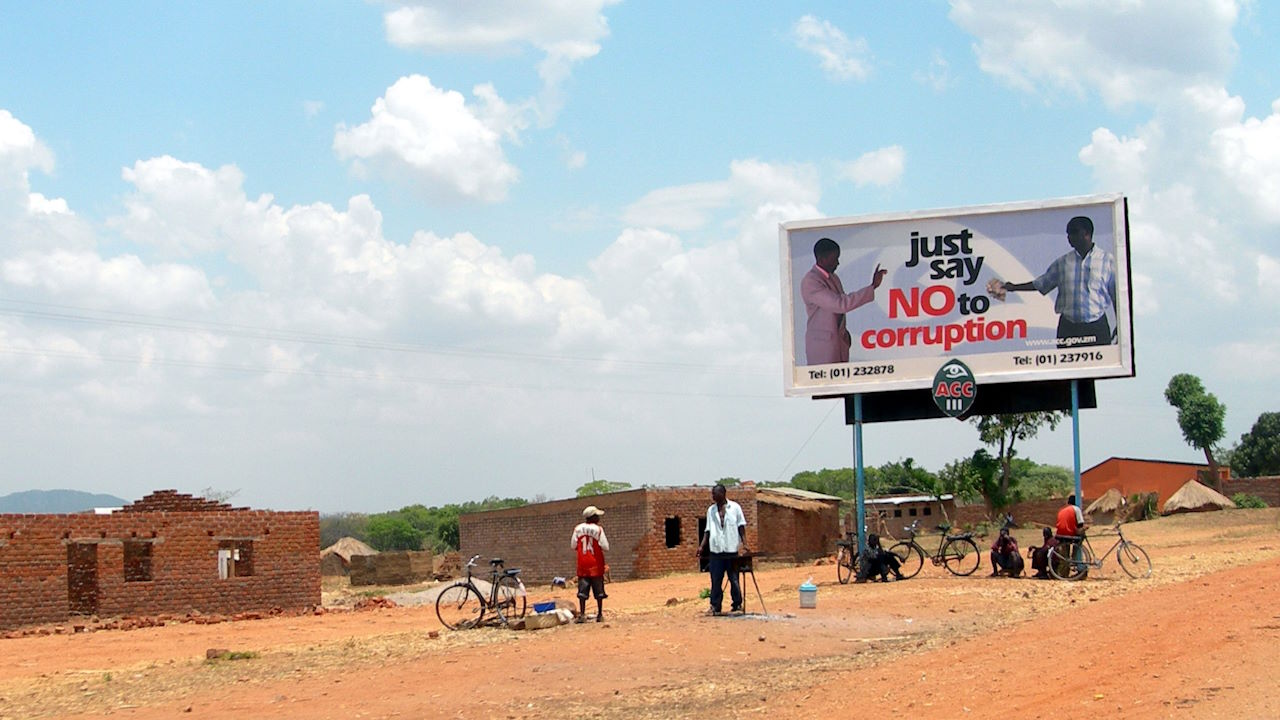
Uganda ranks in the bottom quarter of a respected global barometer of public sector corruption released Tuesday, unchanged from last year.
Uganda’s score of 26 on a scale of 0-100, where 0 indicates a highly corrupt public sector and 100 a clean system, is unchanged from last year. The country ranks 141st out of 180 countries in the Corruption Perceptions Index compiled by the non-governmental organisation Transparency International.
This year’s Index shows that corruption is flourishing around the world. More than two-thirds of countries scored below 50, indicating “serious corruption problems,” with the global average remaining at 43 and the vast majority of countries either stagnating or declining over the past decade.
Uganda has slipped down the rankings over the past decade, losing two points in the past five years and three points in the last ten years.
Uganda’s score was also below the sub-Saharan average of 33. The region continued to perform poorly, with most countries failing to improve and 90 per cent of them scoring below 50.
Transparency International highlights weak checks and balances in the region. In particular, it says that bribery, extortion, and political interference in the judiciary have weakened its role in protecting basic human rights and social justice.
“Corruption in judicial mechanisms disproportionately affects the poorest citizens and those most dependent on public services, such as persons with disabilities or women and children, and hinders the achievement of global and regional development goals,” the report says.
It calls for stronger protection of the rule of law, in particular the independence of the judiciary and its accountability mechanisms, including codes of conduct and procedures for removing judges.
The German-based NGO highlighted the slow pace of the judiciary in dealing with cases involving politically connected individuals in the Democratic Republic of Congo and, in Senegal, the capture of judges by President Macky Sall, according to complaints by the opposition and civil society.
Closer to home, a judge whose opinion in a high-stakes case went against the majority, including the chief justice, was forced into early retirement — although the Chief Justice, not members of the executive, stands out, at least publicly, as the main instigator of her departure.
The top-ranked countries were Scandinavian or Western European and the usual Southeast Asian suspects. Denmark topped the list with a score of 90, followed by Finland, New Zealand, Norway, and Singapore. Sweden came sixth, followed by four Western European countries.
Seychelles was the highest ranking sub-Saharan African country in 22nd place, followed by Cabo Verde in 31st and Botswana in 39th.
There were three sub-Saharan countries in the bottom ten: Somalia was the lowest ranked country, while South Sudan was 177th and Equatorial Guinea 172nd.






